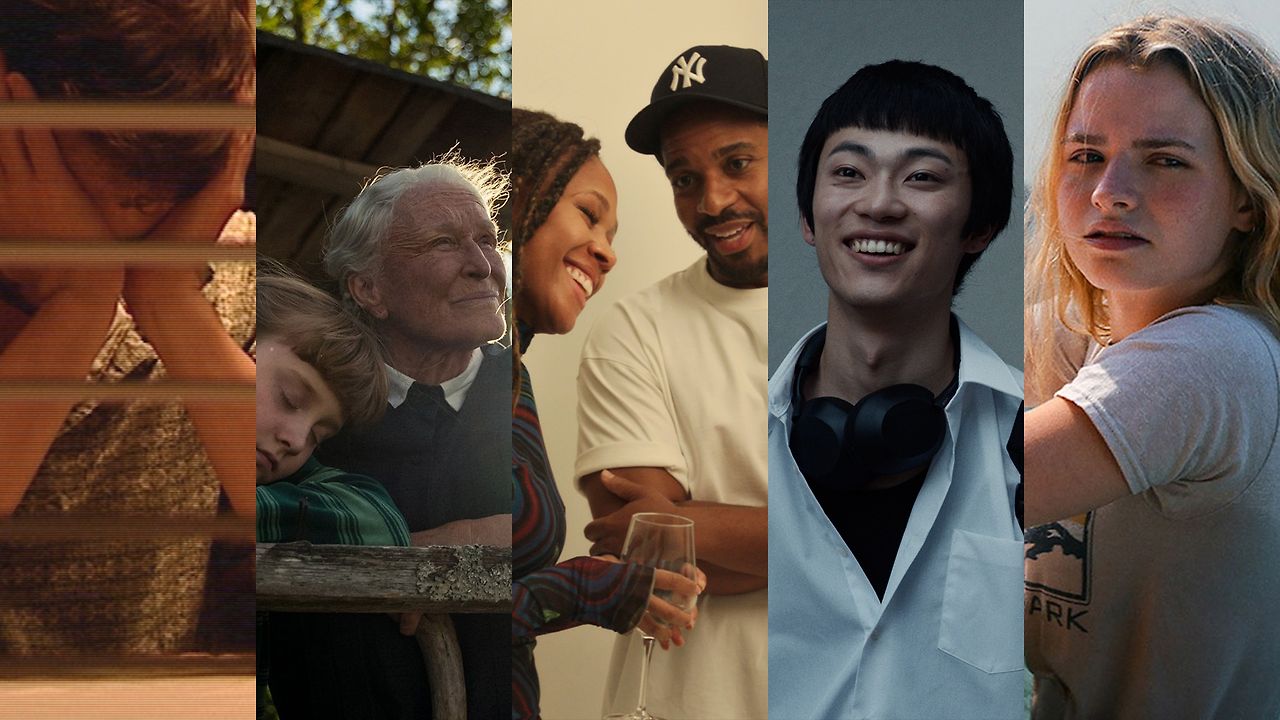When David Osit first watched To Catch a Predator, he felt “an inexplicable and addictive mix of horror and amusement.” The hugely popular ’00s reality series hosted by Chris Hansen prided itself in setting up and taking down adult men planning on having sex with minors. They got trapped, and viewers felt good. In Osit’s haunting deconstruction of the show, true crime and documentary filmmaking as a whole, the relationship between ethics and entertainment, horror and humor, television and trauma, becomes unnervingly muddled.
“Documentary filmmakers are not saints,” Osit tells me. “A lot of documentaries just reaffirm your anger or your frustrations about what you already think and feel, so they can get away with tons of ethically dubious or manipulative decisions because it’s propagandizing for an arguable common good.” Osit explains the decision to split the film into three parts, each reframing a different type of documentary work: “It’s a talking head true crime film, until it’s a Bruce Conner-esque archival excavation, until it’s an emotional vérité film, and then it’s something else entirely.”
Predators takes your breath away in the moments where, beyond being a filmmaking exercise, the real human cost of such dangerous forms of vigilantism is impossible to ignore anymore. On , a different David calls the film “an artifact of a society that has become irreparably sickened by the types of media it consumes and demands more of,” before smartly pointing out, “Calling the movie Predators also invites you to ask who the predators being referred to really are.”
Osit isn’t shying away from those contradictions in his clear-eyed view of what might be an unanswerable problem. “I have tried to put myself a bit out to dry with certain parts of this film to ask what the ethics are on my own part, so that perhaps you feel more comfortable as an audience also considering your part in the ethics of your consumption,” he says. The result is arresting, and deeply troubling, which, again, is probably a best-case scenario feeling for a how-did-we-let-this-happen kind of reality.
In the director’s own words, when it comes to the age-old, antiquated question we demand of filmmakers to tell us what to do after watching: “There’s an expectation that a documentary should end with something specific, some sort of call to action, or offering some tool that helps society be better, or an audience to feel better. If only. I want the film to haunt people. To give them glasses to see things in their daily life a bit differently. I don’t like films that try to teach me, but I love films that try to move me. To make me feel complex feelings. I want to ask more of you as an audience, and I want you to ask more of what you watch.” EK


